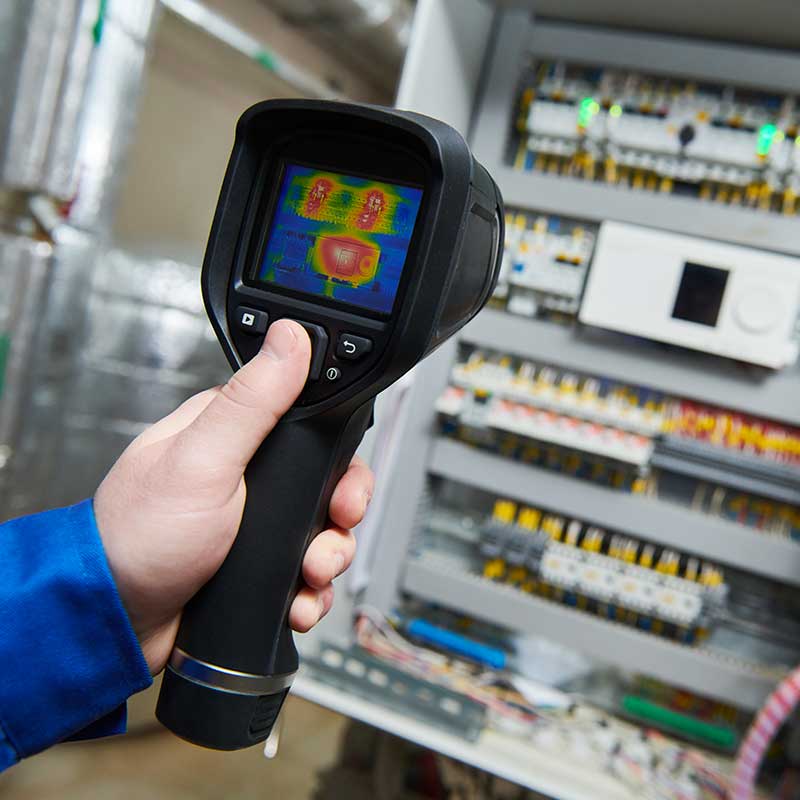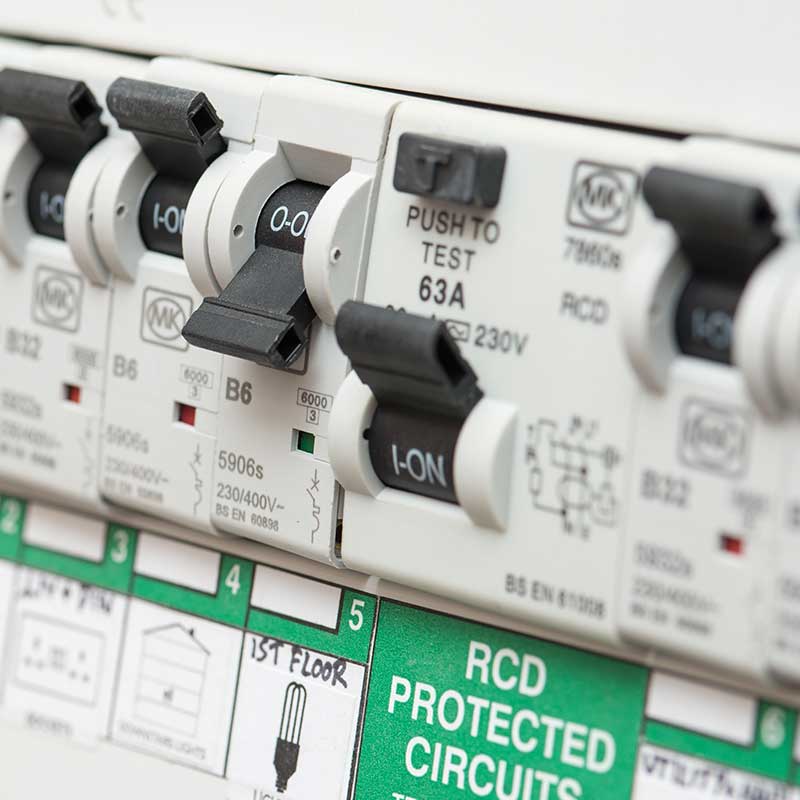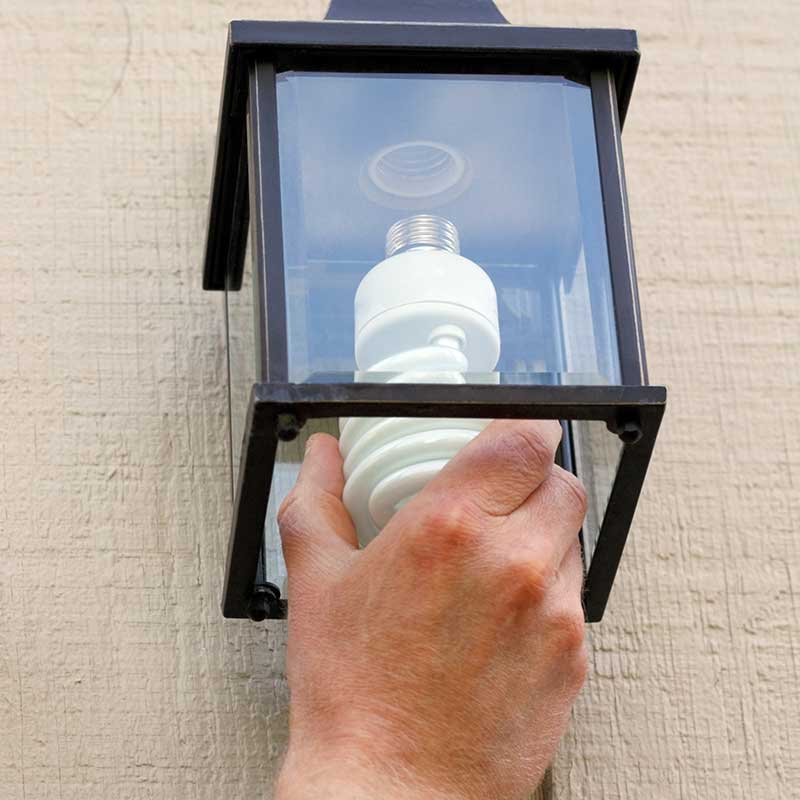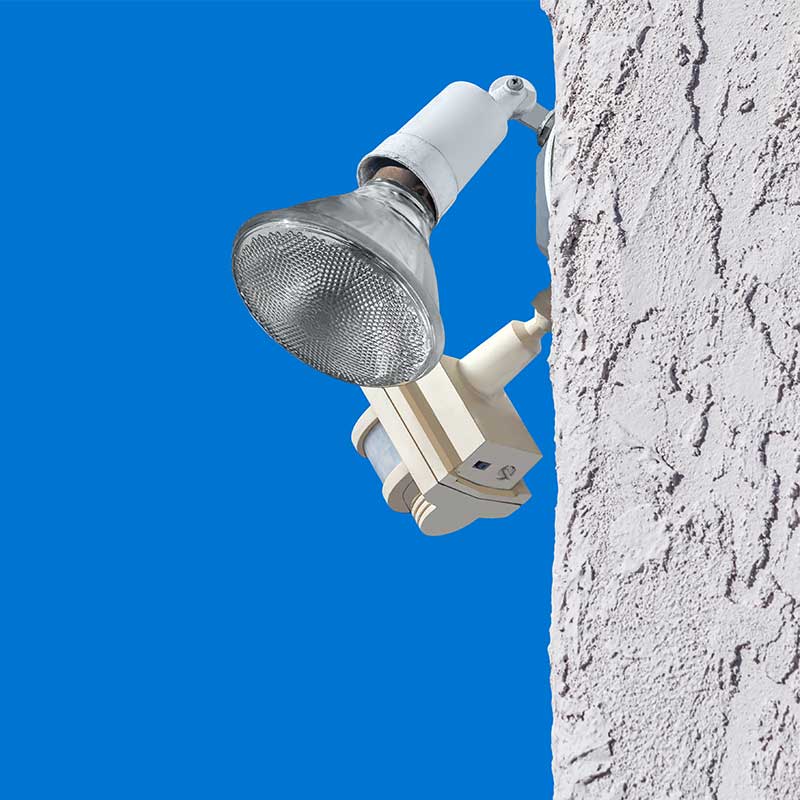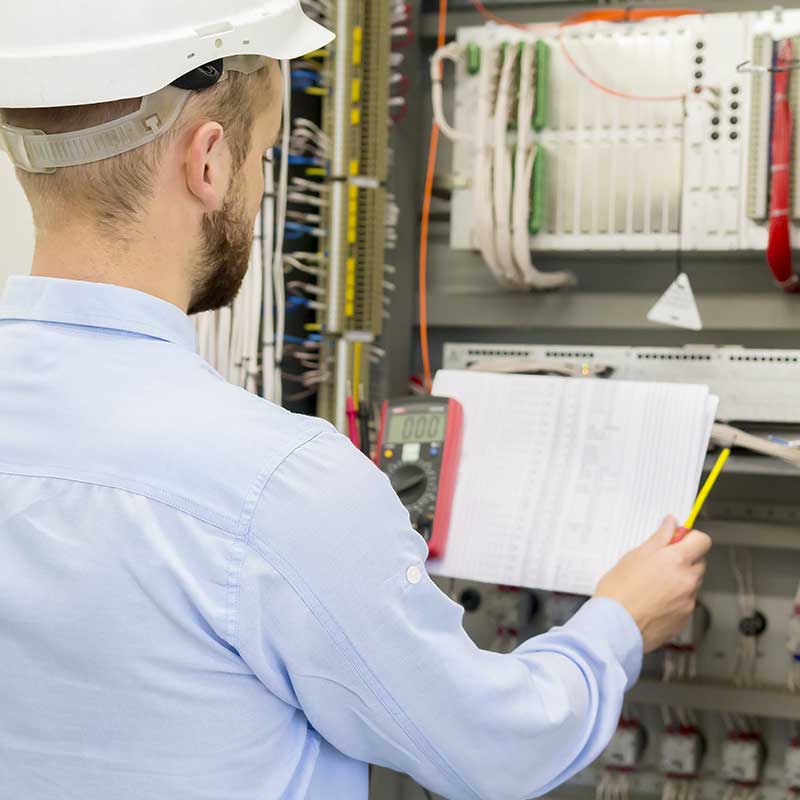PORTABLE APPLIANCE TEST & TAG
Test & Tag
Our testing & tagging system is designed to deliver clients with an integrated management solution to the problems of meeting electrical safety compliance standards. We can achieve this by:
- Using the latest superior state of the art electronic testing equipment.
Full computerisation of all testing records (available on disc or hard copy).
Bar-coded labels on each piece of equipment for tracking purposes.
The use of fully qualified electricians especially trained in testing and tagging.
An electronic record management system which doubles as the company’s electrical asset register.
Hassle free automatic notification and scheduling of future retesting.
Failed equipment may be repaired immediately by our electricians therefore saving you callout charges and minimal disruptions.
Convenient call out service to sites on a regular basis to perform equipment testing.
Service agreements and direct debit payment options are available.
All work is fully guaranteed and insured.
Energize Electrical Safety Management has invested in superior equipment which uses a computerised reporting and data management system to replace the outdated manual “mega” testing and manual reports for appliance testing. Manual processes cannot compete with the speed, accuracy and efficiency of our advanced expert safety testing equipment.
Speed and accuracy of our system minimises cost and disruption to business.
Security of “tamperproof” automated testing procedures to eliminate “human error”.
Assurance through “third party” endorsement that correct and current safety protocols are in place.
Safeguards against legal consequence affecting insurances should an accident or fire result from an electrical failure (90% of fires result from electrical fault).
Superior “test results” software reporting provides exceptional accountability and the added bonus of a complete asset register including type, make, model, serial number and room location for your business.
“Hassle free” automatic notification and scheduling of future re-test requirements and changes in safety protocols which affect the business
Relieves pressure on valuable internal resources for greater efficiency.
Improves quality control and the “well-being” of your business as a whole and contributes to increased productivity.
Keeps everyone at your organisation “safe”
Safe testing for all it & electronic equipment (mov).
Electrical installation or cost saving advice.
Construction site approved testing.
Legislation across Australia requires all small and large organisations to introduce a continuing safety maintenance program for electrical appliances and equipment under plant and equipment maintenance “duty of care” obligations. This is required for the safety of all staff, customers and visitors.
Regardless of mandatory regulation for specific electrical safety (which has been introduced in some states) all state and territory OH&S legislation refers to “duty of care” obligations for directors, managers and staff of a workplace. You are legally and duty bound to introduce a management process for maintenance of all plant and equipment (including electrical) regardless of the size of the business or organisation. You and everyone in the business, including every worker is responsible for the protection and safety of all workers and visitors at the business.
The integrity of most insurance policies fine print requires companies to fulfil all legal requirements to ensure that the business remains covered. A failure to comply with this legislation provides an easy out for insurance companies should you have a fire or workplace injury – even if an electrical fault was not the cause of the problem.
Electrical faults in equipment are one of the greatest causes of fires in the workplace. This is where the regular testing and tagging of the company’s equipment and recording the condition of its assets plays an important role in maintaining assets and safety compliance. Can your business afford the loss of equipment and productivity, loss of records and loss of client confidence that inevitably follow a fire? Testing also highlights minor problems before they become major more expensive problems.
The AS/NZS 3760:2003 electrical safety standard recently revised (February 2004) is generally recognized as the procedural guidelines for electrical safety nationally. In most businesses and organizations the AS3760; 2003 electrical protocols are the safest, most convenient and cost effective methods available. Alternative risk assessment procedures can also be used in some low risk environments, however your organisation must have a qualities system in place which is equal to or better than the minimum requirements and the qualified staff available to manage this process.
Electrically related hazards feature highly on the list and unlike others they have the potential to impact on all workplaces. In every type of industry electric shock or damage resulting from failure of electrical items, electrical circuits, power tools, plant and equipment can impact on the safety of every type of small and large business in Australia. Injury, loss of life or property from electrocution or fire caused by electrical failure is potentially devastating for everyone in every business. From general offices, food stores, retail outlets, entertainment and service businesses through to medical, institutional, community, factory, building and heavy industry sites.
Safety inspection and testing is required on all single and polyphase (240v – 415v) portable electrical equipment and machinery connected to supply by flexible cord which is currently in-service, returning to service, available for re-sale or hire. Regulation requires the employer to ensure that a system is in place to regularly inspect, test and maintain electrical equipment. This does not mean every item of plug-in type electrical equipment used at the workplace must be tested and tagged. In some situations electrical equipment does not present a risk to the operator.
Some electrical equipment is used in a situation that poses a risk to the operator due to the nature of its location and the type of use. If a risk assessment shows there is a risk to employees and others, the employer should ensure the equipment is inspected, tested and tagged in accordance with the recommendations of the Electrical Safety Guidelines.
Fixed or “hard wired” items, items at a height exceeding 2.5 metres, and items which need to be dismantled to establish safety of operation
Items which are demonstration, sample or new stock in a retail or warehouse outlet.
Electrical equipment with a permanent nature of their location, the way in which the equipment is used, and the working environment in which the equipment is used is a consideration.
Workcover recognises that, because of the low level of associated risk, the above mentioned equipment may not warrant such a rigorous inspection, testing and tagging procedure. A risk assessment should be carried out by a ‘competent person’ in accordance with the risk management and consultation provisions of the Regulation. The risk assessment will determine whether the electrical equipment requires testing and tagging as recommended by the Electrical Safety Guidelines.
Specified electrical equipment and safety switches need to be tested at intervals relevant to the class of work they are to be used in. For class 1 work this information is contained in AS/NZS 3012 – Electrical installations – Construction and Demolition Sites. For Class 2, 3 and 4 work the information is contained in the Electrical Safety Regulation 2002. At the completion of any tests any specified electrical equipment must have a durable tag attached at the time of inspection and testing showing the date by which the equipment is to be re-inspected and retested.
Yes. Electrical equipment that has been serviced or repaired which could have effected electrical safety must be inspected, tested and tagged in accordance with the requirements of the Electrical Safety Guidelines prior to the equipment being placed back into service.
Electrical inspection and testing tasks require a degree of technical expertise and interpretation of results and, therefore, can only be carried out by appropriately qualified personnel. The person authorising the inspection and testing program must obtain advice from a person qualified in electrical matters, such as an electrician or an electrical contractor. Energize Electrical Safety Management employs only qualified electrical/fitter mechanics specially trained within this field.
GET A QUOTE
Do you need help with electrical work? Fill out this form to get in touch.
BRISBANE OFFICE
07 3865 6500
WEEK DAY HOURS
9:00am – 5:00pm
BRISBANE OFFICE
07 3865 6500
WEEK DAY HOURS


